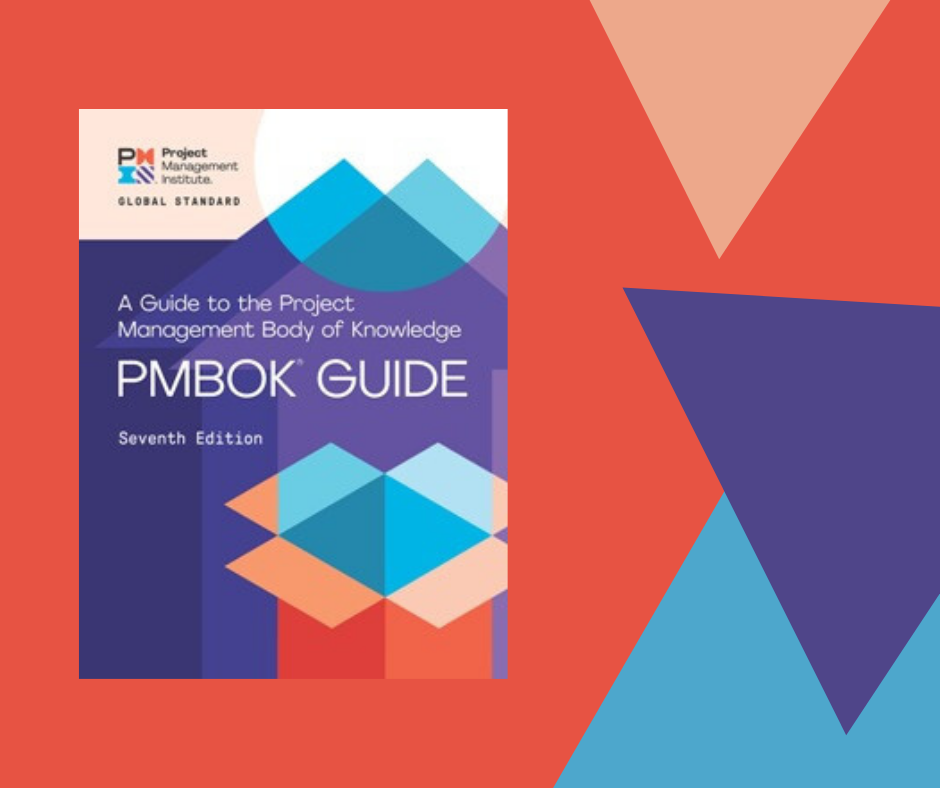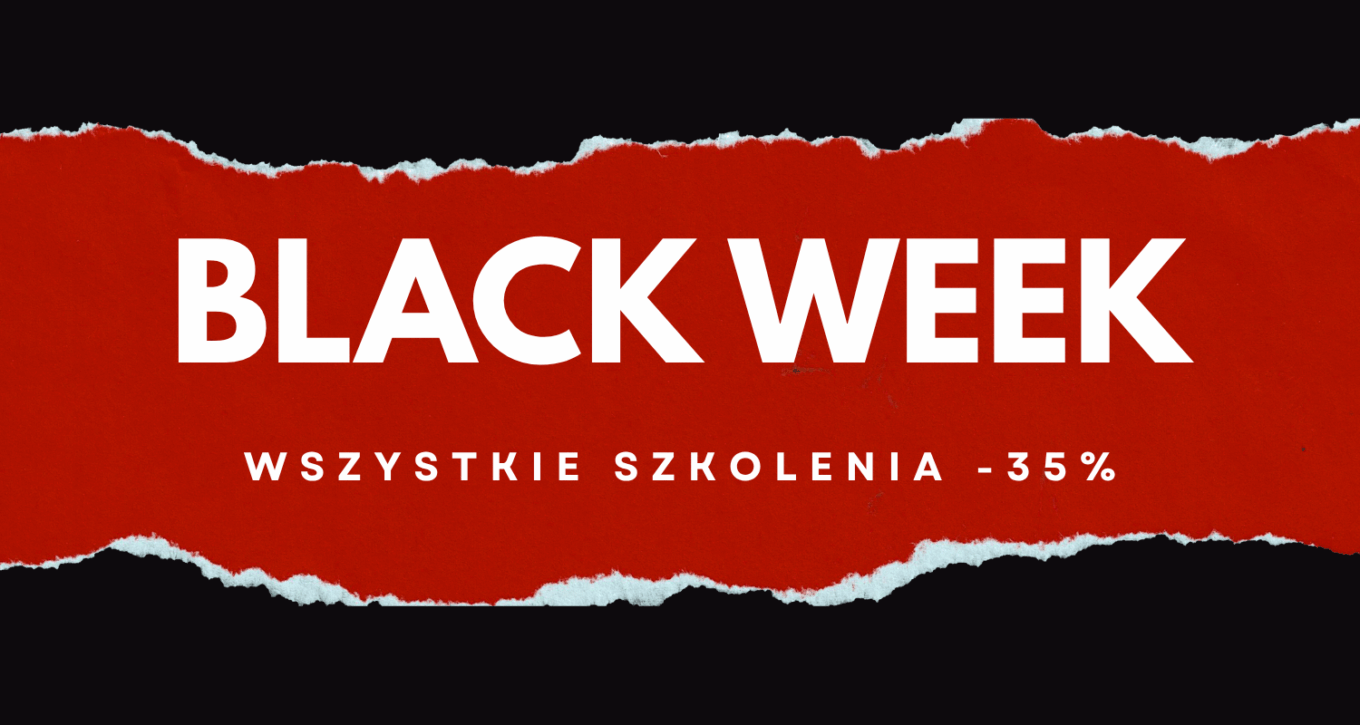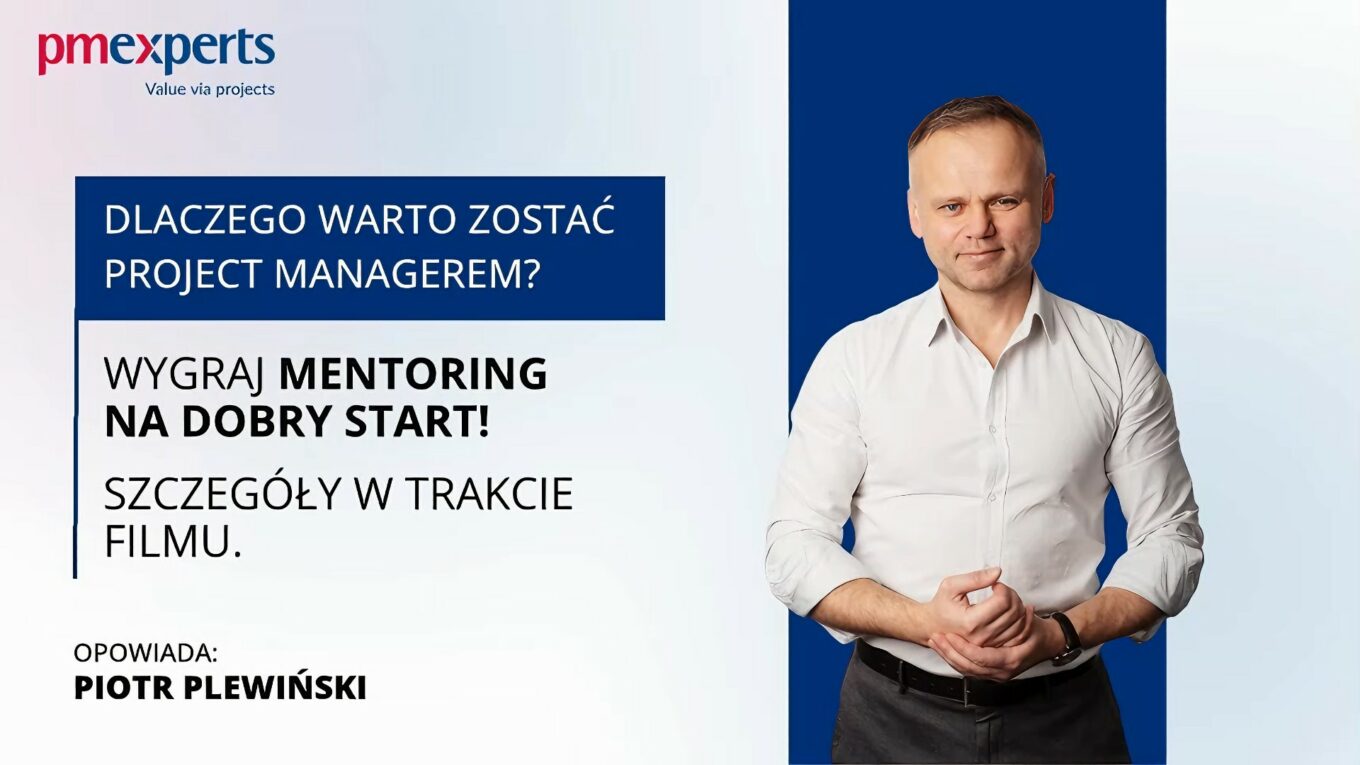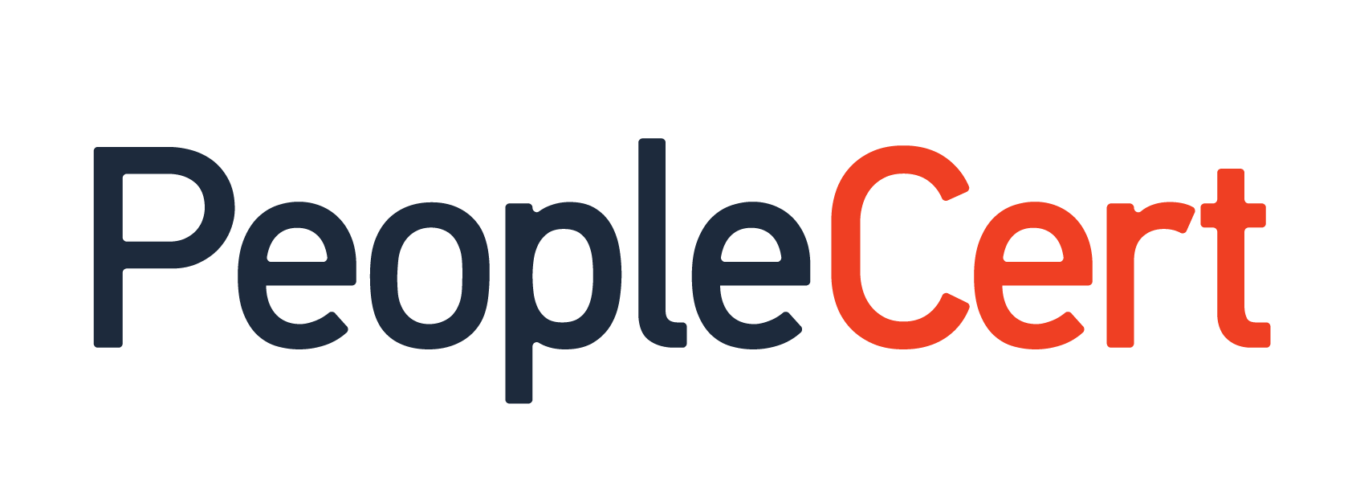A Guide to the Project Management Body of Knowledge (PMBOK® Guide), Seventh Edition And The Standard For Project Management.
When I pick up a new book, I feel like I'm about to embark on a new journey. I feel growing excitement, involuntarily imagining what new places the author will show me. I am also slightly nervous whether the trip will be worth the effort, whether I will like these new places, whether I will be disappointed with the views. Interestingly, I don't only read fiction. It may seem funny to you, but I approach books presenting professional issues in the same way. Many authors rewarded me for this attitude. This was also the case with books composed of works by many authors, which I still keep on the shelf and in fond memory from my studies. For example, how fascinating was the world of "Organization and Management", a book published by my home publishing house of the University of Gdańsk 😊.
He takes me on such a journey every few years Project Management Institute (PMI®). When should I open a new edition for the first time? A Guide to the Project Management Body of Knowledge (PMBOK® Guide) I always feel this thrill. Although it must be honestly admitted that in my case "always" means only the fourth time. My adventure with this publication began with the fourth edition from 2008. This was followed by further releases in 2013 and 2017, and finally this year's release. However, it is worth mentioning that the reading adventure of the previous generation of project managers has begun already in 1987 since Project Management Body of Knowledge (PMBOK), which in a year 1996 it happened A Guide to the Project Management Body of Knowledge (PMBOK® Guide) and it had further editions in 2000 and 2004.
Until the previous, sixth edition, each subsequent one was more and more extensive, expanding the scope of basic (sic!) knowledge needed by a professional project manager. The previous, sixth edition has reached dizzying proportions 😉. Let's take the PDF edition as a basis. This one from 2017 has a total of 976 pages. Yes, I admit that together with the covers, tables of contents and tables, as well as The Standard For Project Management separated in the content from PMBOK® Guide, etc. Nevertheless comparison with the 370 pages of the current edition, which also includes all these elements, must be impressive. This comparison alone indicates that there must have been some fundamental change in the approach to this edition.
As we can read in the introduction to the latest, seventh edition, for 30 years and six previous editions starting in 1987, they were built on a process approach. The set of processes that form the framework PMBOK® Guide has changed over the years, but in principle it has always allowed for comparison of operational practices in individual projects with a standardized set of inputs - activities - outputs from processes in order to improve their effectiveness and minimize risk. The creators of the new edition, recruited from active PMI® members, came to the conclusion that this approach is inherently "predictive" and does not fit the times when the word "agility" is used in all cases. Idąc za tą myślą postanowili odejść od podejścia procesowego na rzecz zdefiniowania pryncypiów kluczowych dla project management proces.
A completely new adventure awaits us. Together we will go into a world that is on the one hand well known to us, but presented in a completely new way. Step by step, we will discover the next chapters together A Guide to the Project Management Body of Knowledge (PMBOK® Guide), Seventh Edition And The Standard For Project Management. You can expect the next stages of our journey every month. I invite you to comment and send your questions. I will be very pleased to start this path with you.
Author of the article: Maciej Krupa










